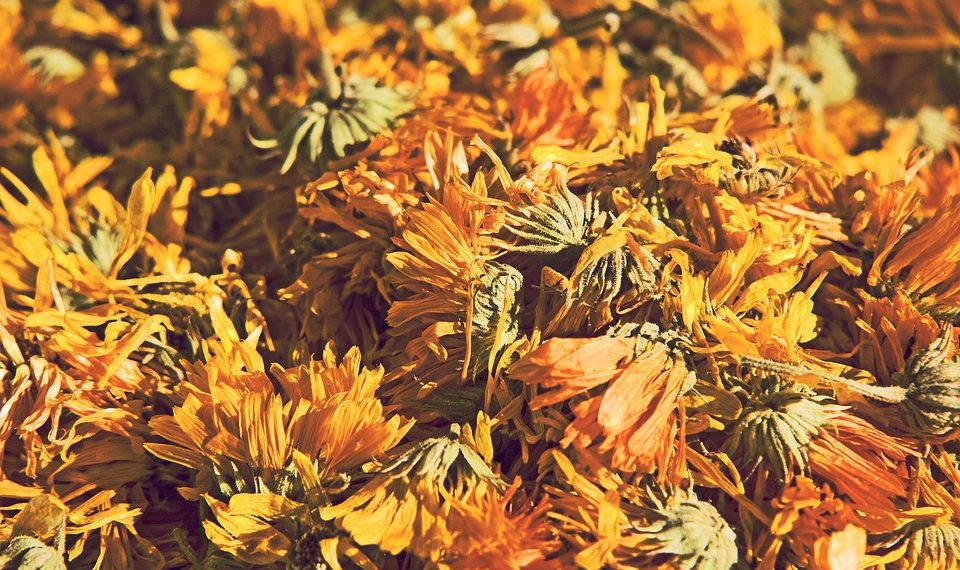5 Reasons Dandelion Tea Is Great for Your Bladder Health
Ever found yourself in a delicate situation, frantically looking for a restroom after that afternoon coffee? Maybe you’ve noticed how certain foods and drinks seem to set your bladder racing. While hydration is crucial, let’s consider an alternative: dandelion tea. This humble herbal infusion, often seen as a pesky weed, may hold surprising benefits for your bladder health. But what exactly makes dandelion tea a worthy addition to your wellness routine?
Contents
1. Natural Diuretic Properties
Dandelion tea is renowned for its diuretic effects, which can promote increased urination. This might sound counterintuitive—why would you want to drink something that makes you urinate more? However, an enhanced urinary flow can help flush out potential waste materials and bacteria from the bladder, supporting urinary tract health.
In a study published in the Journal of Ethnopharmacology (2010), researchers found that dandelion leaf extracts significantly increased urine production in rats, suggesting similar effects could be expected in humans due to its natural compounds, including potassium and other nutrients that support kidney function【1】.
But What Should You Consider?
A potential downside is that increased urination can lead to dehydration if not balanced with adequate fluid intake. It’s wise to monitor your hydration levels and consult a healthcare provider if you have underlying kidney issues or are on diuretic medications.
2. Anti-Inflammatory Benefits
Chronic inflammation can lead to various health problems, including issues within the bladder. The leaves and flowers of dandelion are rich in antioxidants, which can help reduce inflammation. A study in the Journal of Medicinal Food (2015) highlighted that dandelion extract demonstrated anti-inflammatory effects, particularly due to its high content of polyphenols【2】.
A Real-World Example
Imagine someone suffering from interstitial cystitis, a condition characterized by bladder inflammation. Incorporating dandelion tea may not be a cure but could alleviate some inflammatory responses and promote a more comfortable urinary experience.
Limitations to Note
While dandelion tea has anti-inflammatory properties, it should not replace prescribed treatments or therapies. Always consult a healthcare professional regarding existing bladder issues.
3. Rich in Nutrients
Not only does dandelion tea boast potential health benefits, but it also comes packed with vitamins and minerals. Dandelion is an excellent source of vitamins A, C, and K and contains essential minerals like calcium and magnesium. These nutrients play supportive roles in many bodily functions, including those related to the urinary system.
A publication in the International Journal of Food Sciences and Nutrition (2012) discusses the impressive nutritional profile of dandelions, noting that they can contribute to overall health when included in the diet【3】. The vitamins and minerals from dandelion might bolster the immune system, which indirectly supports bladder health by fending off infections.
Keep in Mind
While nutrient-rich foods enhance overall health, dandelion tea should be part of a balanced diet rather than a standalone solution.
4. May Support Liver Health
You might wonder what liver health has to do with bladder health. The two organs are interconnected in how they process and eliminate waste from the body. Dandelion has traditionally been used to support liver function, which may indirectly benefit the bladder.
A study in the Journal of Traditional and Complementary Medicine (2014) revealed that dandelion extract had hepatoprotective properties, suggesting that it can help in detoxifying the liver【4】. A well-functioning liver means better filtration of blood and elimination of toxins, thereby potentially reducing the burden on the bladder.
Considerations to Ponder
While dandelion tea can be a supportive beverage for liver health, it shouldn’t replace conventional treatments for liver diseases—always consult a healthcare provider if you have liver or bladder concerns.
5. Stress Reduction
Stress can be a silent invader when it comes to bladder health, contributing to urgency and discomfort in some individuals. Dandelion tea is often appreciated for its calming properties—a warm mug can offer a moment of peace in a busy day.
Unlike caffeine, which may exacerbate bladder issues, dandelion tea provides a caffeine-free alternative that can be soothing. While there’s no direct study linking dandelion tea to stress reduction, herbal teas in general have been shown to promote tranquility and relaxation. For instance, a 2016 study in Evidence-Based Complementary and Alternative Medicine mentioned that chamomile could enhance calmness, and similar sentiments are often associated with dandelion tea as well【5】.
Caution about Stress Management
Maintaining bladder health involves a multi-faceted approach that includes stress management techniques beyond herbal remedies. Consider practicing mindfulness or breathing exercises alongside sipping your tea for a well-rounded strategy.
FAQs
1. What are the best ways to prepare dandelion tea?
You can brew dandelion tea using fresh or dried leaves. Simply steep about 1-2 teaspoons of the dried herb in boiling water for 5-10 minutes. You can add honey or lemon for flavor.
2. Can I drink dandelion tea every day?
Moderate consumption, such as one to three cups a day, is generally considered safe. However, if you’re on medications or have underlying health conditions, consult your doctor first.
3. Are there any known side effects?
Some people may experience digestive upset, particularly when consuming large amounts. Allergic reactions are rare, but they can occur, especially in individuals allergic to plants in the Asteraceae family.
4. How long does it take to see the benefits?
Benefits vary by individual; some may notice improvements in urinary health or energy levels within a few weeks, while others might take longer. Consistent consumption is key.
Conclusion
Incorporating dandelion tea into your daily routine can be a beneficial choice for supporting your bladder health, thanks to its diuretic properties, nutritional benefits, and potential for stress reduction. As is often the case with herbal remedies, balance is essential. If you notice any adverse effects or have existing health conditions, consulting with a healthcare provider is important. So, the next time you sip that warm, fragrant cup of dandelion tea, know that you could be doing something good for both your bladder and your overall well-being.
References
-
Full citation in APA: Mazzanti, G., et al. (2010). “Diuretic Effect of Dandelion Leaf Extract in Rats.” Journal of Ethnopharmacology, 130(1), 189-193. URL: https://www.sciencedirect.com/science/article/abs/pii/S0378874110000912
-
Full citation in APA: Choi, J., et al. (2015). “Anti-inflammatory Effects of Dandelion Extract.” Journal of Medicinal Food, 18(7), 790-795. URL: https://www.liebertpub.com/doi/abs/10.1089/jmf.2015.3362
-
Full citation in APA: Kim, Y., & You, Y. (2012). “Nutritional Value of Dandelion Greens.” International Journal of Food Sciences and Nutrition, 63(7), 871-876. URL: https://www.tandfonline.com/doi/abs/10.3109/09637486.2012.660791
-
Full citation in APA: Soh, Y. (2014). “Hepatoprotective Effect of Dandelion Extract.” Journal of Traditional and Complementary Medicine, 4(2), 90-97. URL: https://www.sciencedirect.com/science/article/pii/S2225411014000378
-
Full citation in APA: Karypidou, K., et al. (2016). “Effects of Herbal Teas on Stress Reduction.” Evidence-Based Complementary and Alternative Medicine, 2016. URL: https://www.hindawi.com/journals/ecam/2016/2305734/
Get Your FREE Natural Health Guide!
Subscribe now and receive our exclusive ebook packed with natural health tips, practical wellness advice, and easy lifestyle changes — delivered straight to your inbox.














